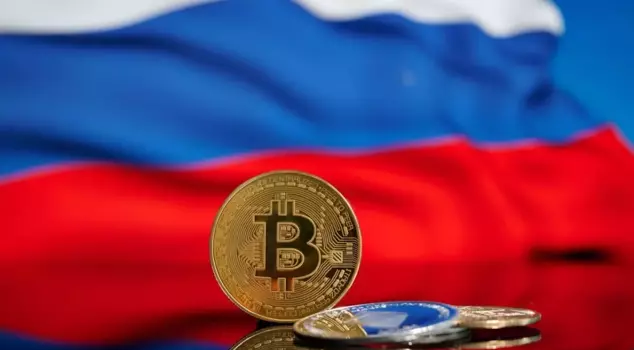
31.01.2025 17:22
A response has come from the Kremlin to Trump's threat of high tariffs. The BRICS group is not developing an alternative currency to the US dollar; instead, the community aims to create platforms for investment.
After the threat of a 100% customs duty from U.S. President Donald Trump towards the BRICS countries, a response from the Kremlin was not delayed. Dmitry Peskov stated that BRICS does not have a plan for a currency to rival the American dollar, and their main goal is to develop investment platforms. This situation initiates a new discussion in international economic policies.
BRICS Spokesperson Spoke Clearly
Kremlin spokesperson Dmitry Peskov clarified the recent discussions about a common currency among BRICS that have occupied the world agenda. Peskov emphasized that the group does not intend to develop a currency that would compete with the U.S. dollar, and their main objective is to create new platforms that will strengthen mutual investments among member countries.
Speaking after U.S. President Donald Trump's threat of a 100% customs duty on BRICS countries, Peskov also denied media claims of "undermining the global dominance of the dollar." The spokesperson stated that the issue of a BRICS currency should be viewed as a tool aimed at facilitating economic cooperation rather than a competitive element.
BRICS, consisting of Brazil, Russia, India, China, and South Africa, has been trying to enhance economic cooperation since 2009. Some members, particularly led by Brazil, support the idea of a common currency as a protective measure against fluctuations in the dollar exchange rate.
In the meeting held in October 2024, BRICS members discussed various proposals, including a gold-backed currency. The proposed currency is planned to be used in global payment systems and the digital currency field.
Trump's harsh stance and customs duty threat have increased pressure on BRICS initiatives, while Peskov reminded that such statements are not new. The Kremlin spokesperson expressed that American experts need to explain these issues better to Trump.
In addition to these developments, Trump signed an executive order aimed at strengthening American leadership in digital financial technologies. The executive order envisions banning CBDC projects in America and supporting stablecoins. In contrast, Piero Cipollone, a member of the European Central Bank's Governing Board, argued that digital euro projects should continue to reinforce Europe's independence.